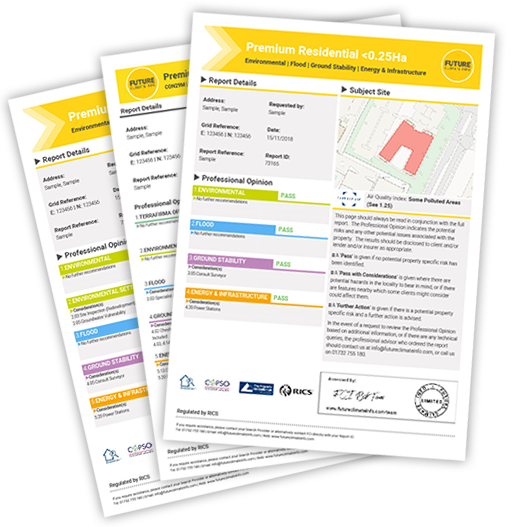
Flooding: “Plan for the Worst” says Environment Agency
In a stark warning, the Environment Agency (EA) has announced that entire communities might need to be relocated from coasts and rivers. They state that urgent action is needed now for the UK to prepare for an average global temperature rise of 4˚C.
In setting out the agency’s long term strategy for tackling flooding and coastal change, tough decisions would need to be made about what to save and what to sacrifice.
Supporting the previous report by the Committee on Climate Change (CCC), they are now planning for impacts based on projections far ahead of the target of 1.5˚C above pre-industrial levels set in the legally binding Paris Agreement of 2015.
And this huge rise may happen over the next 80 years – within the lifetimes of today’s children.
Better data to make long term decisions
The Chair of the EA, Emma Howard Boyd said “We can’t win a war against water by building away climate change with infinitely high flood defences. We need to develop consistent standards for flood and coastal resilience in England that help communities better understand their risk and give them more control about how to adapt and respond.”
Here at Future Climate info, we agree that richer, better data delivered in a clear way will enable homebuyers and businesses to make informed long term decisions on where best to locate.
It is not enough to just react after the next flood but to build “climate resilient” communities, homes and businesses. Building bigger and bigger walls as defences was not the solution, says the EA.
The answer lies in natural flood management, retreat from vulnerable coasts and estuaries and designing properties that can be both resilient and recovered easily when flooded, was the right answer.
A government spokesman said the public would be protected from the impacts of climate change, but the CCC says current shoreline management plans are unfunded and hopelessly optimistic.
It is clear that we cannot keep playing King Canute with coastal sea rise any longer.
Future Coastal flooding by numbers
- 520,000 properties (including 370,000 homes) in England are in areas with a 0.5% or greater annual risk from coastal flooding.
- By the 2080s, that figure could rise to 1.5 million properties (including 1.2 million homes).
- 100,000 cliff-top properties could be at risk from coastal landsliding
- Approximately 7,500km of road, 520km of railway line, 205,000 hectares of good farm land, and 3,400ha of potentially toxic historic landfill sites are currently at 0.1% or greater risk of coastal flooding in any given year.
- A sea level rise of 0.5m will make a further 20% of England’s coastal defences vulnerable to failure, greater if the deterioration of salt marshes, shingle beaches and sand dunes continues.
- 114 miles of coastline are now considered pointless to defend against
- More than 1,000 miles of coast are at risk of erosion.
- The number of properties built on floodplains is likely to double over the next 50 years due to population pressure.
The EA says an average outlay of £1bn a year will be needed to build traditional flood and coastal defences and allow for natural flood management.
Lord Deben, Chair of the Committee on Climate Change has called for the British government to immediately set a legally binding target to cut greenhouse gas emissions to zero by 2050. He said the UK urgently needed to stay ahead of worsening impacts by adapting.
The EA’s strategy on retreat, resilience and restoring natural flood management are important pieces of the climate change response. However, it’s about the pace of investment and the commitment for us all to change our lifestyles, if we are to preserve our vulnerable communities.
Recognising the Threat
Could your client’s property be one of the half a million at risk from coastal flooding? Or the 100,000 that could be affected by coastal erosion?
Imagine your client having bought a property and realising that within the typical average ownership time, they may be forced to move out. Sea levels, severe weather events and river flooding could slowly remove their community from the map.
Future Climate Info combines the best in class data and expertise to forensically analyse how flooding has and could shape your client’s future asset.
For more information on our flood risk assessments in our environmental reports, contact us on 01732 755 180 or email info@futureclimateinfo.com
Try before you buy
To take advantage of a trial free order of your first environmental report, please complete the enquiry form and we will get back to you as soon as possible. We will need to take more details of the property or site and ask some more questions about your firm and the transaction.

